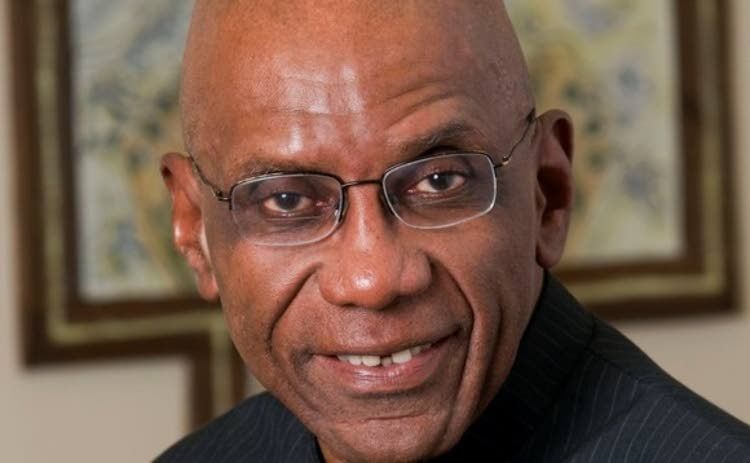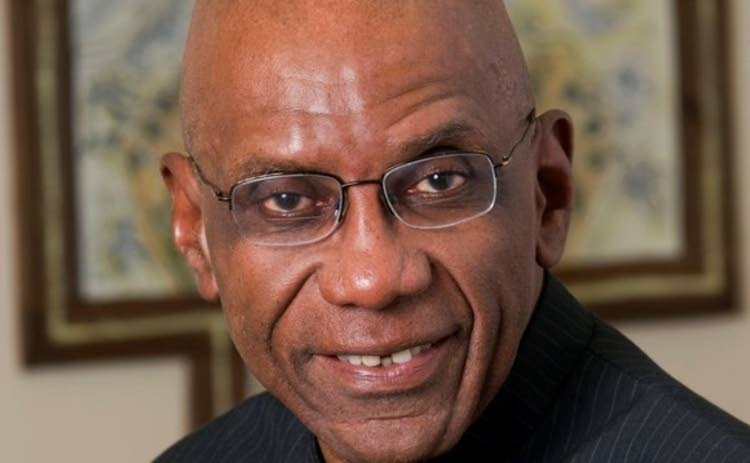
Sunset of the Barbadian multinational company

DeLisle Worrell.
IN the Barbados Daily Nation newspaper of May 12, 2025, there is the headline “Top Sagicor execs paid $13.9m”. A visitor to Barbados might wonder why this would be of interest to Barbadian readers, because Sagicor is a wholly-owned Canadian insurance company; 50 per cent of its assets are in Canada, another quarter in the USA, and of the remainder, the largest share is in Jamaica, not in Barbados. None of the “top execs” referred to in the headline is Barbadian. Barbadians, however, will know that this modest-sized Canadian company is the modern incarnation of the Barbados Mutual Life Assurance Society, born in Bridgetown in 1840. By 1997 when the company’s history entitled The Rise of the Phoenix was published, it stood at the pinnacle of the Barbadian financial system.
In its heyday in the 1960s and 1970s, the managing directors of the Barbados Mutual were among the leading bankers and captains of industry and commerce whose remit covered all areas of finance and trade, not only in Barbados but throughout the Caribbean. Daily at lunchtime, these business leaders walked from their offices on Broad St to the Mutual’s distinctive cast iron headquarters building at the west end of the street, entering through an unobtrusive side door and heading upstairs to the Bridgetown Club. There they could enjoy a lunch that regularly featured the club’s famous fried melts and Bajan soup with sweet dumplings and breadkind, and take a sip or two of corn ‘n’ oil, as they discussed the region’s economic fortunes. In those days banks’ Eastern Caribbean offices located in Barbados had a wide scope of authority for the management of their local portfolios, and there were a sizeable number of Barbadian and regional companies with networks across the Caribbean, whose presence marked Bridgetown as a thriving financial and commercial centre.
Over the course of the 21st century much has changed. The Barbados Mutual’s directors and membership made the change from a mutual society to a corporation whose shares were traded on the regional securities exchanges. Over time, with different exchange rates and low trading volumes, especially on the Barbados exchange, it became more efficient to trade on a single larger securities exchange outside the Caribbean. This prompted the move to the Toronto exchange. Other Barbadian multinational firms and insurance companies have also made the decision to sell to Canadian interests. Yet others have failed or have been bought by regional or foreign interests.
The transformation of Sagicor has arguably made it a stronger company, by virtue of the extraordinary growth which the listing in Toronto has made possible. When the company was first listed on the Toronto Stock Exchange just six years ago its assets were a little short of US$9 billion; today it has grown to two and a half times that size. Backed by assets and reserves in the Canadian financial market, its capacity to cover risks may be even higher than the growth in its assets suggests. In addition, operating under the surveillance of the highly-regarded Canadian Office for Supervision of Financial Institutions lends Sagicor a degree of credibility beyond what Barbados and the rest of the Caribbean can offer. It was from that Canadian institution that the region learned supervisory skills.
Although the number of Barbadian-owned multinationals has dwindled, the services they once provided are still available. The Barbados Mutual Life Assurance Society is no more, but Sagicor Life provides Jamaicans, Barbadians and others in the Caribbean with the full range of insurance products available in the North American market. Commercial banks have curtailed personal banking services in favour of online banking and credit and debit cards, leaving credit unions and other non-banks as the main providers of face-to-face services. A wide variety of new trade and distributional channels are replacing the Caribbean’s traditional trading, wholesale and retailing businesses.
It may be that not much has been lost with the demise of the household names of the twentieth century, except the pride of local ownership.
DeLisle Worrell is a former governor of the Central Bank of Barbados. His Economic Letters may be found under “Commentary” at DeLisleWorrell.com.